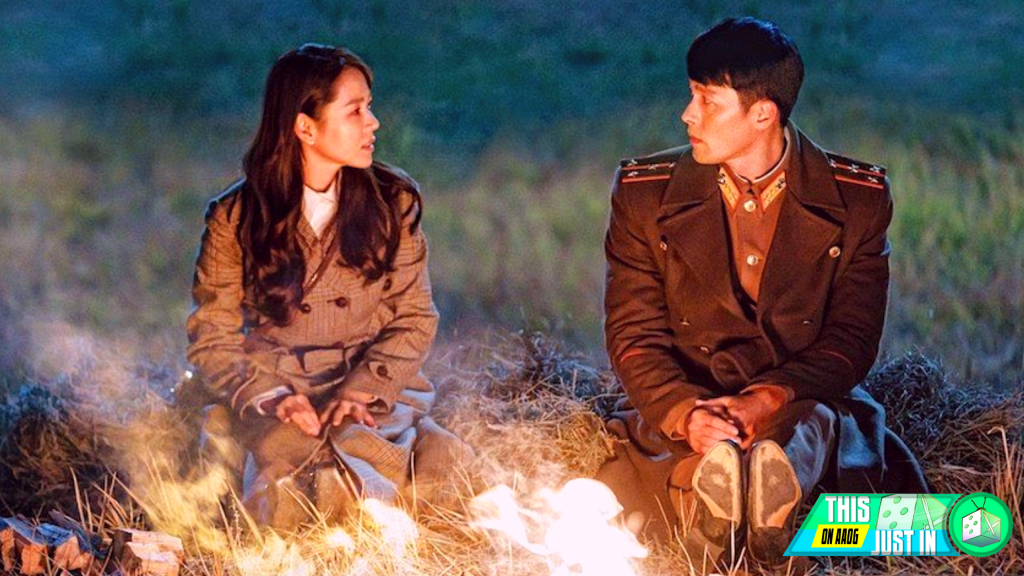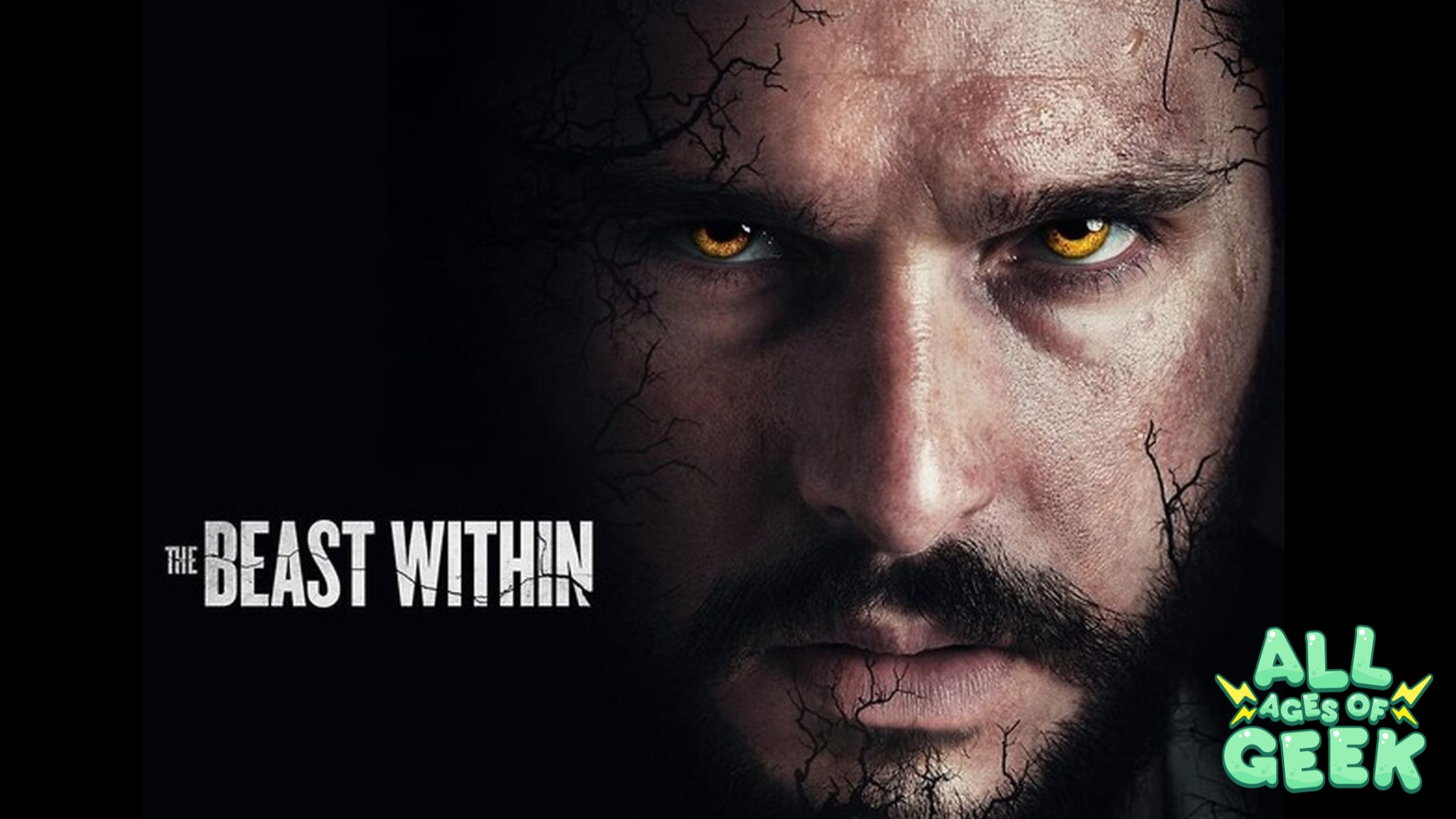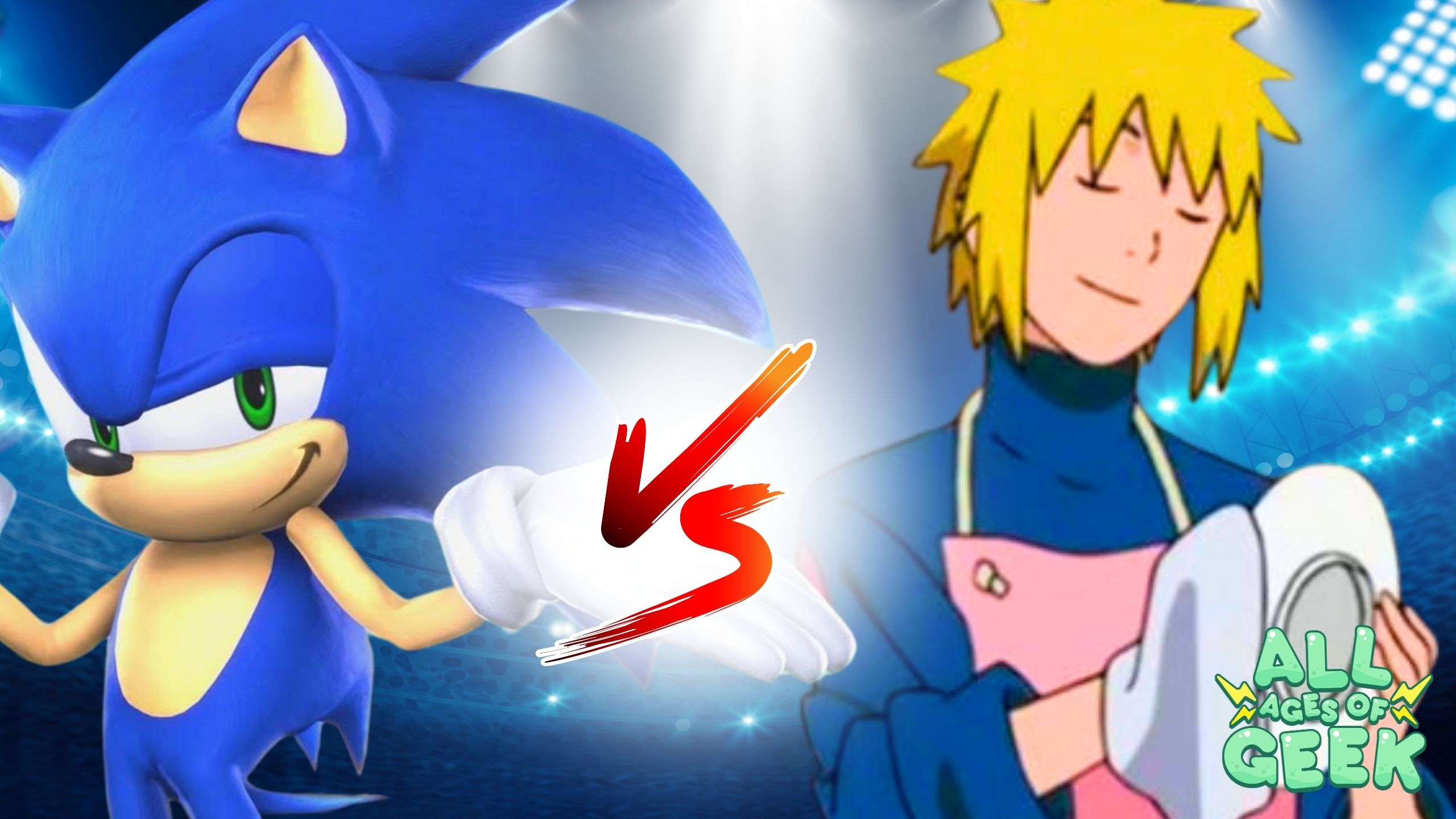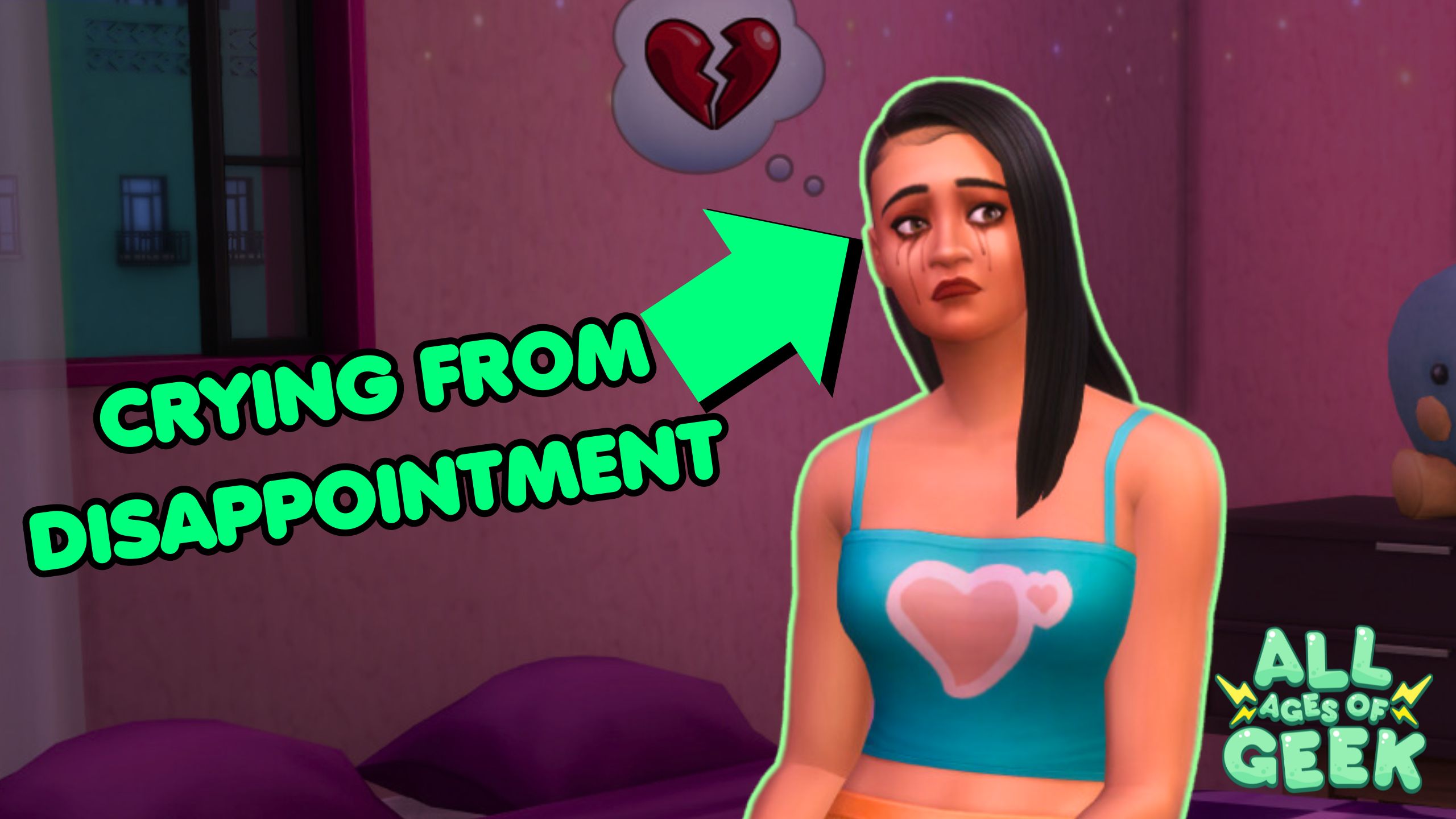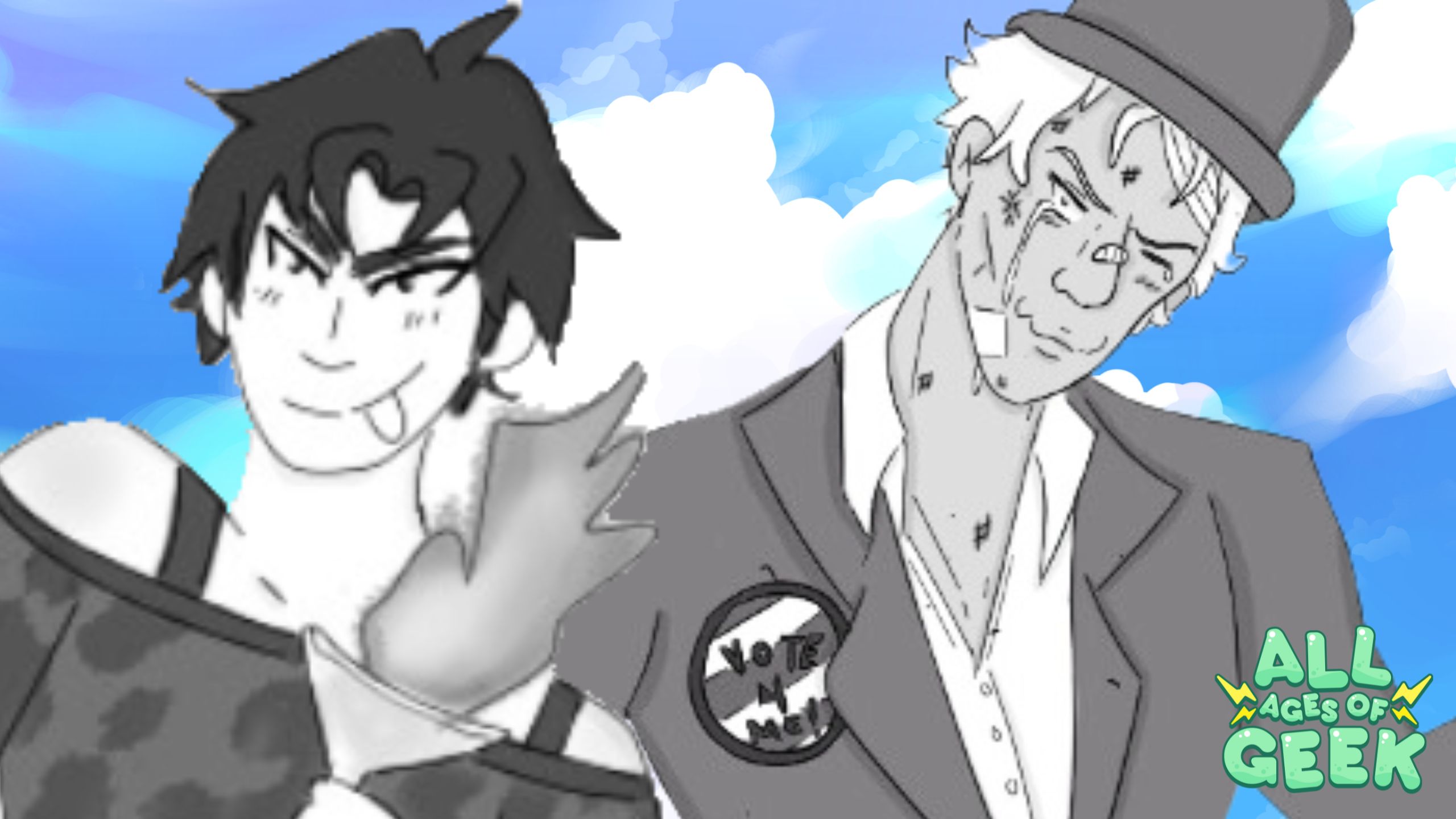Minor Spoilers
Something crazy happened to me last week. I spent 24 hours in North Korea.
On Monday, I got some really disappointing news. Then on Tuesday, my husband’s work schedule took him back into the field for the first time since March, totally up-ending my daily routine. By Tuesday evening I was feeling really down, just scrolling through Facebook, when I saw this article shared by The Japan Times. It detailed a popular K-drama taking off on Netflix: A rich South Korean heiress, Yoon Se-Ri, gets into a paragliding accident and lands over the border in the demilitarized zone between the two Koreas, where she is immediately happened upon by an extremely handsome North Korean Army Captain, Ri Jeong Hyeok. Hijinks ensue. What a ridiculous concept, I thought, scrolling through the article and watching a clip.
I opened my Netflix app and started watching. There was something about the character of Se-Ri’s absolute shock at finding herself in North Korea that was both endearing and intriguing, and the perfect distraction from my bummed out mood. I dove in headfirst, subtitles and all (I am a life-long hater of having to read my TV shows). By Friday night, despite a regular week’s worth of work to finish every day, I had finished the 24+ hour series.
It’s campy. It’s unapologetically ridiculous. It’s debate about destiny and coincidence is loaded with heavy-handed melodrama. It’s a rom-com set in one the most terrifying states in the world. It jumps the shark in the first thirty minutes when the main character accidentally paraglides into North Korea. And yet…it’s the best thing I’ve seen in quarantine since Tiger King.
As someone who is generally this enthusiastic about fantasy books and series, I had to ask myself what it was about this “real life” drama that worked so well for a fantasy-lover like me. Here’s a few of the ideas that I’ve come up with:
5) High Concepts About Destiny
The writers of Crash Landing On You gave themselves a fantastic out for writing an illogical tale by having the characters constantly debate coincidence vs. destiny. These sorts of high concepts don’t usually turn up in soapy dramas, and you’re more likely to find them in things like fantasy series. But CLOY spends a lot of time on this debate.
This theme recurs in the story repeatedly, and even crops up in the soundtrack song “But It’s Destiny.” This allowed the writers to have things work out perfectly again and again. Characters could be in the right place at the right time. Phone calls could arrive the exact moment a broken phone is fixed. None of it needs to be questioned—it’s destiny!
Se-Ri tells Jeong Hyeok that sometimes the wrong train brings you to the right station. The writers seem to be riding this train the whole way. It’s ok to write a ridiculous, destined-to-be sort of plot when you support it with clean scripting, acting, and filmography, and they did.
And for the cynics out there—why can’t it be destiny? Se-Ri and Jeong Hyeok find each other on more occasions than I can count, despite living in a world so desperate to separate them that a barbed wire border exists between them. Perhaps the argument the writers make with their repeated exploitation of destiny is that sometimes, for the lucky few, things really are meant to be.
4) It Will Remind You of Great Fantasy Plots
Crash Landing on You feels so similar to stories like Outlander or The Time Traveler’s Wife because it is a story you can really only imagine, where you learn along with the protagonist, and where love really does conquer all. Like Outlander and The Time Traveler’s Wife, Crash Landing On You is grounded in the gritty facts of reality. Outlander is a wartime and political drama behind all of the romance. The Time Traveler’s Wife spends a lot of time in the mundanity of upper and middle class life in the 70’s, 80’s, and ‘90s. Their solid backgrounds balance the one “off” thing, in both cases time travel, that the otherwise ordinary protagonists have stumbled into.
CLOY does not share this one “off” thing of fantasy, but it does operate on the ridiculous premise of someone traveling some place they should not, a place they seem unable to escape from. Like Clare Randall and Henry DeTamble, Yoon Se-Ri has somehow travelled past a boundary no one ever should. And like Jamie Fraser and Clare Abshire, Ri Jeong Hyeok is tasked with protecting someone’s whose presence he cannot easily explain, and which may bring huge disaster to his life. They are bonded in their secrecy and the sheer impossibility of their presence in each others’ lives.
3) The Setting
The draw of this show for me was getting to see “North Korea.” While of course this was not filmed in the real North Korea, accuracy has been cited in reviews by North Korean defectors. From the military housing village in which much of the series takes place to the Capital of Pyongyang, the setting is fascinating, fresh, and beautiful.
It’d be wrong to call North Korea a mythical setting—as it is, of course, a brutally real place where real people live in difficult circumstances—but perhaps we can call it an oft-imagined one. Most people likely have an idea of the isolationist country in their minds, but have never actually seen it. Like mythical settings, this production suddenly shows you something you never thought you’d see and a place you will likely never get to visit.
Scenes in-country are drenched in golden sunlight. Characters walk along empty open fields of green and gold and there is a true sense that the outside world is far away, perhaps it does not even exist past the high chain-link fence. Often lit by candle or firelight, the characters are shown in the rosy glow of a time past for most modern viewers.
Scenes taking place in Seoul, South Korea and Switzerland likewise have a fairy-tale atmosphere, with bright city lights, misty mountains, and beautifully composed color palettes. These scenic shots are backed by a truly beautiful original soundtrack, including songs such as “Flower,” “Hear I Am Again,” and “Longing Hill.”
2) Epic Style
This story is divided into 16 episodes which all run about an hour and half to nearly two hours. It’s a huge story. And not just in minutes on screen—it also travels years into the past and years into the future of the characters.
Mid-way through the season, the story seems to be wrapping up to a satisfying, logical conclusion. But then it takes a wild left turn and unfolds another half of the season for viewers that feels more like a Part II than anything else. It’s the depth and breadth of this storytelling that mimics the epic style of many fantasy series.
And of course there are impossible odds and real consequences. Some accuse the show of not being realistic enough, but particularly if you look at the storyline character Man Bok is involved with, you’ll realize the stakes are real for all of the characters.
1) Slow Burn Love
I’m always a fan of a slow burn love story. They happen frequently in high concept fantasy because the characters are so busy hiding from authorities, taking down evil plots, and generally saving the world. Frequently the tension in these stories makes it seem like the main characters don’t even like each other all that much at first. But as their bickering and sniping slowly turns to falling in love in desperate situations, viewers fall right along with them. So it is in Crash Landing On You.
There’s a lot of angst and yearning in Crash Landing On You. The pain of separation is always great fodder for a good story. And Se-Ri and Jeong Hyeok’s story is full of it.
No matter how much your heart breaks for these characters—and it will, several times—you get the sense that it was better for them to have encountered each other even with all the pain it brings than to have never met.
———
Note: I’d be remiss not to point out, that this show is of course (ironically) a fantasy. North Korea has been historically and remains today a brutal regime that denies its people nutrition, modernity, and freedoms. If you watch Crash Landing On You and feel anything after seeing their extremely humanizing depiction of average North Korean citizens, consider donating here to assist defectors and human rights activists in improving the quality of life for all North Koreans.


